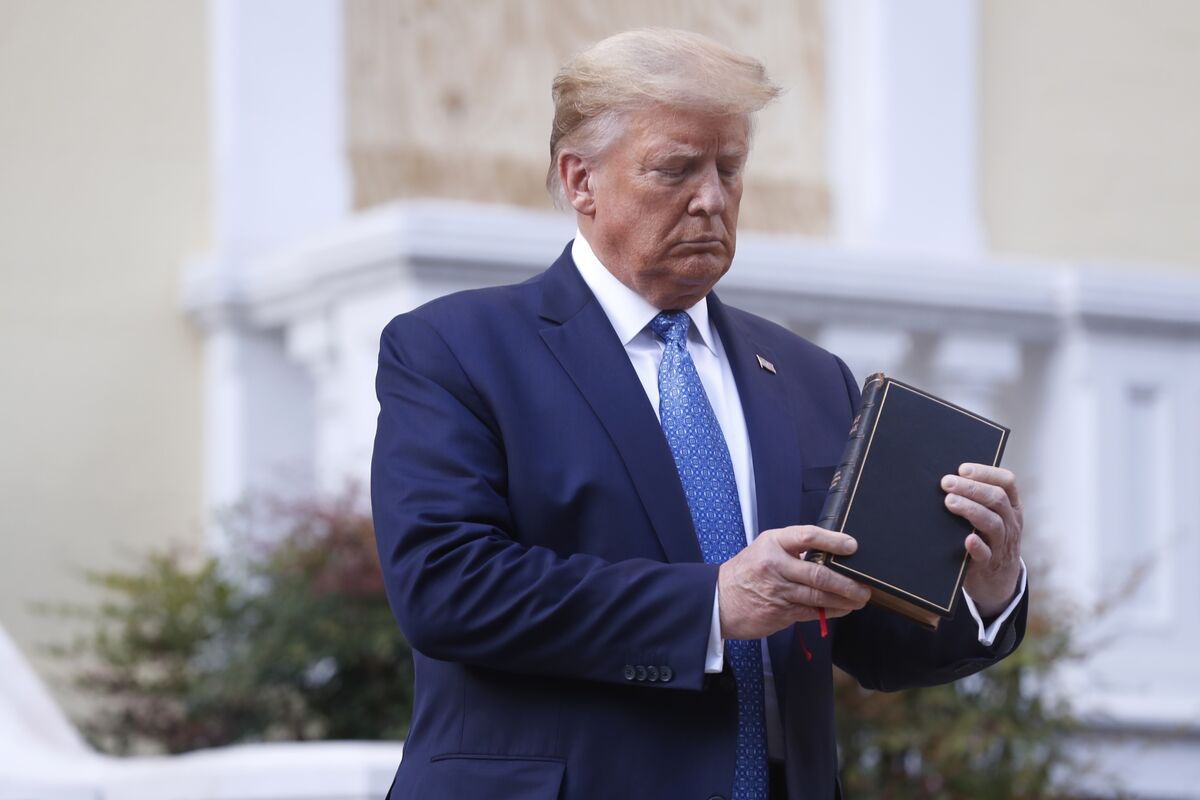Donald Trump, a 77-year-old Bible salesman from Palm Beach, Florida, has emerged as the nation’s most prominent Christian leader. Trump is running for president as a divinely chosen champion of White Christians, promising to sanctify their grievances, destroy their perceived enemies, bolster their social status, and grant them the power to impose an anti-feminist, anti-LGBTQ, White-centric Christian nationalism from coast to coast. That Trump doesn’t attend church and has obviously never read the book that he hawks for $59.99, seems of interest exclusively to his political opponents.
What might catch the attention of some evangelical conservatives, however, is that Trump’s ostentatious embrace of White Christian militantism coincides with a precipitous decline in religious affiliation in the US. According to the Public Religion Research Institute, one-quarter of Americans in 2023 said they were religiously unaffiliated. “Unaffiliated” is the only religious category experiencing growth. In a single decade, from 2013 to 2023, the percentage of Americans saying that religion is the most important thing, or among the most important things, in their life plummeted to 53% from 72%.



Oh there were plenty. But I think our generation was really the first generation to start questioning things en masse, to the point where it was actually impacting church attendance and causing even more people to start questioning their own religion.
And we are definitely missing the social group aspects of society. It’s been replaced by social media and we as a society are suffering for it. A tool that was supposed to usher in the free flow of ideas ended up instead just giving everybody their own fortified echo chamber to live in, and it shows when you see how people act with one another today; they have no idea how to handle it when someone is telling them something they don’t want to hear.
And my kids said the same thing. Outside of a few who were born into theirs and a handful of old-school religious parents, the overwhelming majority all see religion as who’s imaginary friend is pretending to be better than who’s.